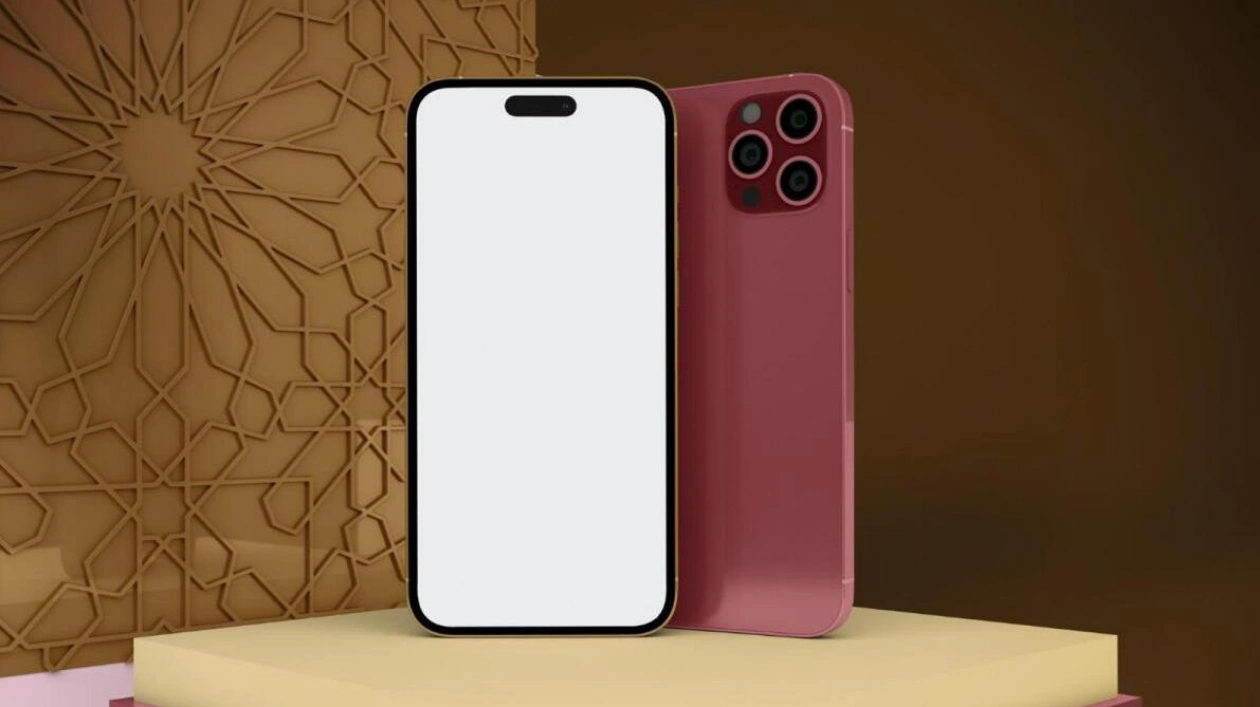The excitement surrounding the upcoming Apple event in September, where new products are set to be unveiled, is palpable. Speculations abound, ranging from the battery capacities of the various iPhone 16 models to the larger screens on the newest Apple Watch. The digital chatter is rife with guesses about the appearance and functionality of these gadgets. Once the dust settles, regardless of the depth of research into the array of features, tech enthusiasts often face a quandary annually—is it time to upgrade? Should they opt for the latest iPhone or hold off for another year and another set of innovations? After all, purchasing an Apple product typically involves a substantial financial outlay, and studies indicate that the average user retains their iPhone for a minimum of two years. It is prudent, therefore, to carefully consider the advantages and disadvantages before making such a significant purchase.
Scheduled for September 9, the iPhone 16 is poised to introduce notable enhancements to the iPhone series. For the first time in recent years, Apple is expanding the dimensions of the iPhone 16 Pro to 6.3 inches and the iPhone 16 Pro Max to 6.9 inches. Furthermore, the company is working on new A-series chips utilizing the latest N3E 3-nanometer technology for the iPhone 16 lineup. Amidst the fervor for the iPhone 16, a Reddit thread titled 'Should I wait for 17 series?' has garnered attention, with many tech users debating whether to delay their purchase. 'I used to upgrade my iPhone every two years, but I've realized it was more of a conditioned response. I'll keep my 13 Pro Max until it fails! I've just replaced the battery and am hoping for at least another two or three years,' one Reddit user commented. Another user expressed, 'I currently have a 13 Pro Max silver 512GB and still adore it. I'm likely to upgrade to the 17 Pro Max or 17 Slim, whichever is the high-end model.'
As anticipation grows for the Apple Event, various speculations are circulating online, offering insights to help decide whether to wait for the iPhone 17 or to pre-order the soon-to-be-released iPhone 16. Regarding the camera, the iPhone 14 and 15 models feature a 12-megapixel front-facing camera with five plastic lens components, and the iPhone 16 series is expected to maintain this hardware. However, rumors suggest that the iPhone 17 will boast a 24-megapixel resolution, allowing images to retain quality when cropped or enlarged, capturing finer details. In terms of design, the iPhone 16 is anticipated to receive only minor updates, making it less attractive for those seeking a significant upgrade. Speculations also hint at Apple introducing an iPhone 17 Slim to replace the Plus model, featuring a 6.6-inch display, a slimmer design, and advanced hardware. According to MacRumors, the iPhone 17 Slim will utilize an aluminum chassis instead of titanium, as found in Pro variants.
Alongside the iPhone 17 series, a major launch expected in 2025 is the iPhone Ultra. Starting from the iPhone 11 series, the iPhone Pro Max has been Apple's top model, a status it will retain in the iPhone 16 series. However, in 2025, the iPhone Ultra is set to surpass the Pro Max as the company's premier flagship phone. Significant improvements are anticipated for the iPhone 17 Ultra, including a faster processor, a larger display, enhanced advanced camera features, and more. Overall, the iPhone 17 is likely to feature 12 GB of RAM, compared to the 8 GB in the iPhone 16. Discussions around the iPhone 16 also revolve around its AI features. However, recent reports indicate that only a fraction of the AI capabilities showcased at the WWDC 2024, dubbed Apple Intelligence features, will be available. These include Writing Tools for text rewriting or summarizing, visual enhancements for Siri, Mail summaries and intelligent answers, transcription summaries, and other AI features, which will be included in the October iOS 18.1 update. Additional features such as custom emoji creation, or Genmoji, and Image Playground, which allows users to create animated visuals within apps, will be available later in the year, extending into 2025. If advanced AI interactions are a priority, it might be advisable to wait for the iPhone 17, which is expected to offer more sophisticated AI capabilities.
It is also speculated that the iPhone 17 Pro will be the first to incorporate under-panel Face ID technology, with only a circular notch for the front-facing camera visible. Originally expected with the iPhone 16, this technology will now debut in 2025. Ross Young, a source of such rumors, shared on X that the iPhone 17 Pro will be the first to feature under-panel Face ID with just a selfie camera hole, creating additional screen space for potential enhancements. While the soon-to-launch iPhone 16 introduces new features, many of them are expected to be refined and advanced at Apple's 2025 event. Ultimately, the decision hinges on whether one prefers to experience the initial wave of Apple's smart features or wait for more substantial offerings.






